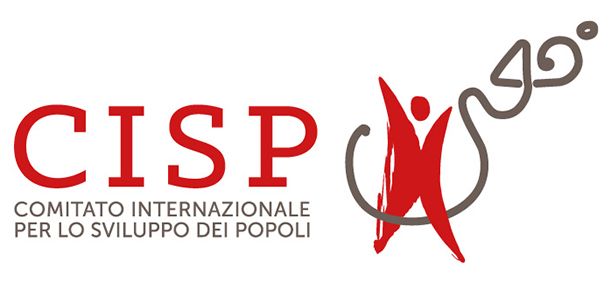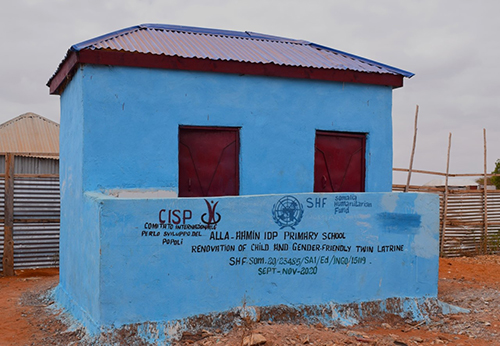Date: Tuesday, 05 September 2023
Category: Press releases and editorials

[Nairobi, 05/09/2023] — "BIMA”, which means “insurance” in Kiswahili aims at “Improving Livestock Insurance Trigger Mechanisms and Gender-Responsive Products for Drought-Affected (agro-)Pastoralists in Kenya”.
The research team, collaborating with communities, insurance firms, the International Livestock Research Institute (ILRI), and government agencies, will over the next 42 months use Tana River County as a case example and focus on how to contribute to increasing climate resilience of the livelihoods of agro-pastoral communities in Kenya through a more effective and gender-responsive insurance package including livestock insurance to ensure the economic viability of the product.
The research team, collaborating with communities, insurance firms, the International Livestock Research Institute (ILRI), and government agencies, will over the next 42 months use Tana River County as a case example and focus on how to contribute to increasing climate resilience of the livelihoods of agro-pastoral communities in Kenya through a more effective and gender-responsive insurance package including livestock insurance to ensure the economic viability of the product.
Date: Wednesday, 13 September 2023
Category: Events

In the aftermath of the media's spotlight shifting away, the network of institutions, public bodies, and private social sectors in the area remains committed to promoting and facilitating the exercise of citizenship rights and duties for refugees from Afghanistan. The Lazio Region is actively supporting the integration of Afghan migrants through five projects financed by the Public Notice “Creation of Interventions and Networks for the Social Inclusion of Afghan Migrants in the Territory of the Lazio Region."
Evaluating the progress of such initiatives two years after the arrival of Afghan migrants is a valuable step to assess the progress made, address critical issues, and identify measures to enhance their life prospects and relationships within the local, national, and European context.
Evaluating the progress of such initiatives two years after the arrival of Afghan migrants is a valuable step to assess the progress made, address critical issues, and identify measures to enhance their life prospects and relationships within the local, national, and European context.



 Español
Español  Français
Français  Italiano
Italiano  English
English 



